New book lifts lid on commodities giants
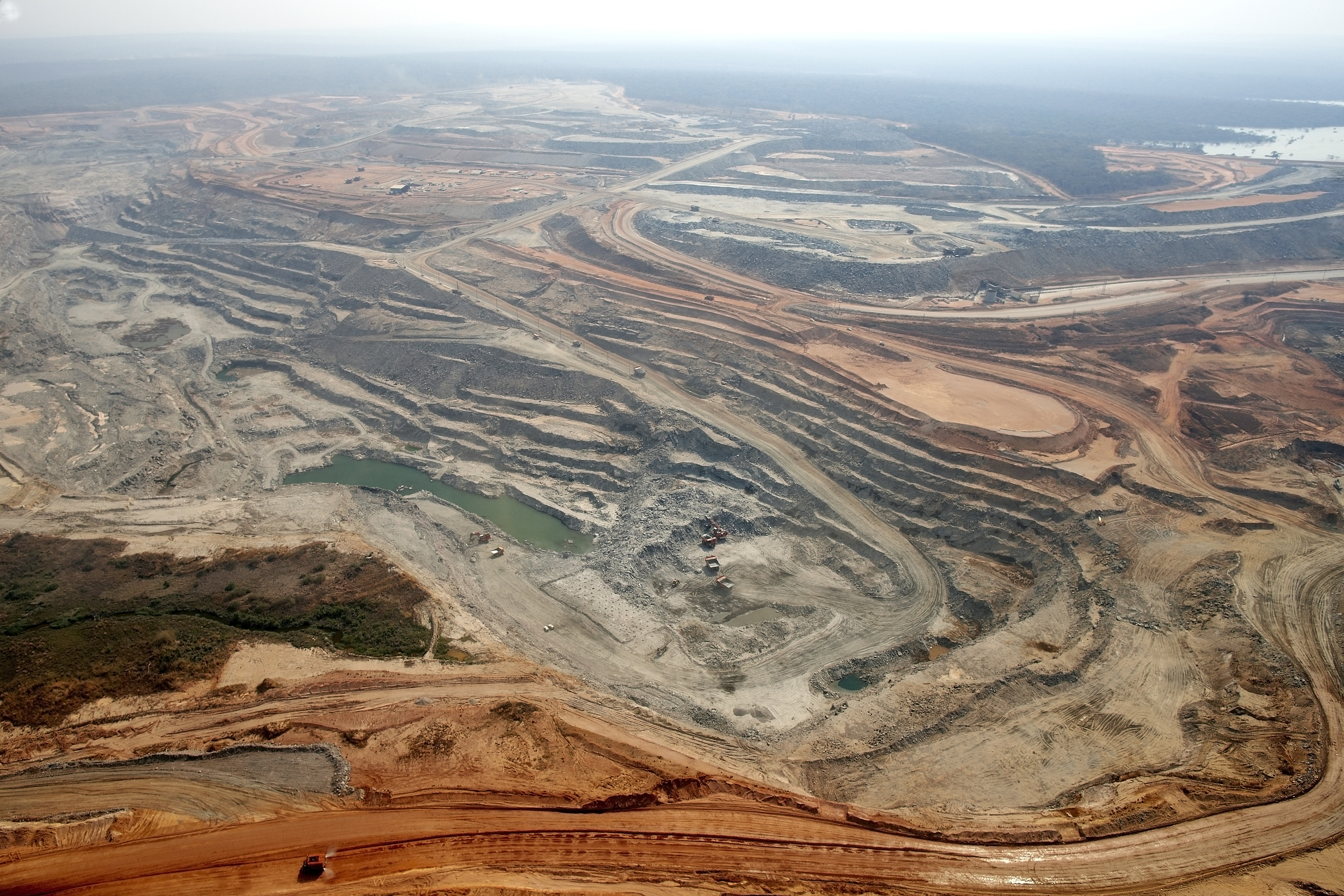
The chaotic unchecked growth of Swiss-based global commodities players endangers both poor nations and Switzerland’s image, warn finance specialists.
The Berne Declaration this week published a book that takes an in-depth look at the notoriously secretive industry. Critics want to see changes, especially tighter regulations, but the Swiss authorities appear happy with the status quo.
According to “Commodities: Switzerland’s Most Dangerous Business”, the sector has witnessed a “meteoric” rise: a 15-fold increase in trade between 1998 and 2010.
One out of three litres of petrol sold on global commodity markets is now traded by Swiss-based companies; the same goes for half of all coffee and sugar, and one third of all cereals.
Seven out of 12 of the Swiss-based firms with the highest national turnovers are active in commodity trading or the extraction of raw materials, including Glencore (SFr145 billion last year) and Trafigura (SFr79.2 billion).
“The Swiss National Bank estimates that turnover in the sector now represents three per cent of total gross national product, the same as the machine and tourism industries,” Berne Declaration’s financial expert Olivier Longchamp told swissinfo.ch.
But such growth has led to huge inequalities and high social and environmental costs for poor nations rich in natural resources, which are being deprived of $100-250 billion a year in tax revenue, the NGO says.
The 353-page book looks at various companies and a dozen country case studies such as copper-rich Zambia, where over a 12-year period tax income and royalties on exported copper sunk from $200 million (SFr176 million) to $8 million, while the price of a tonne of copper rose on global markets by a quarter.
“Rather extreme”
The Berne Declaration said the rapid growth in Switzerland had only been possible thanks to favorable cantonal tax regimes, strong financial centres, weak regulation and lax authorities.
“It is easy for firms to act without people knowing what they are doing and the Swiss justice system is relatively unrestrictive and not very curious, unlike in Anglo-Saxon countries,” said Longchamp.
Emmanuel Fragnière who runs commodities degree courses at the HEG School of Business Administration in Geneva welcomed the “pertinent” report but said the NGO’s position was rather extreme.
“It’s very good but we shouldn’t forget that what is at stake is our economy,” he told swissinfo.ch.
He said the long-established sector was still coming to terms with the dramatic influx of hedge funds and banks, which had made the industry more chaotic and ill-equipped for moving ever-larger shipments.
“I hope it can become more professional and more transparent,” he said. “If it wants to grow in Switzerland it needs to be much more regulated.”
Measures
Among the most urgent changes needed, experts say commodity traders should be viewed as financial intermediaries and become subject to Swiss anti-money laundering legislation.
Transparency could also be improved by the introduction of Organisation for Economic Co-operation and Development (OECD) voluntary country-by-country tax reporting to shake up how multinationals present their accounts.
A number of Swiss parliamentarians last year backed this move, but the federal authorities declared “current rules constitute a sufficient basis to guarantee transparency between the tax authorities and entities liable to taxation”.
This comes as the United States has moved to tighten up transparency in firms dealing in oil, gas and minerals under the new Dodd-Frank legislation, and the EU looks set to follow suit.
Laissez-faire
In one of the chapters Mark Pieth, a professor of criminal law at Basel University, criticized the Swiss authorities’ laissez-faire attitude.
“I have the impression that for a long time we’ve just let things happen without any kind of organisation or aim. It was like that for the looting of works of art, the arms trade, violations of embargos and tax evasion. This attitude risks being the same for the trade in raw materials,” said Pieth, who is also chairman of the OECD Working Group on Bribery in International Business Transactions.
“We have a fragmented government body in Switzerland…which up to now hasn’t been able or hasn’t wanted to do anything to once and for all do away with this pirate haven reputation that Switzerland is stuck with. There is nothing wrong with the trade in raw materials in itself, but in its current form it is synonymous with great dangers for Switzerland’s reputation.”
Despite its critical approach, Fragnière said the book may eventually have a positive impact: “This book will certainly have an electric shock effect; I hope so in the right way, so our government comes up with a well-thought-out long-term strategy to develop this sector so that it is not based on pure opportunism.”
Swiss towns such as Winterthur, Lucerne and Lausanne have a long tradition of trading in commodities such as cotton or coffee, cashing in on Switzerland’s central European location.
The Winterthur based Volkart Brothers company established a highly successful cotton, coffee and spice trading operation in Sri Lanka and India in 1857. The Union Trading Company of Basel was one of the early traders of cocoa beans.
After the two world wars, commodities traders started looking more closely at neutral Switzerland whose economy and political structure had survived the conflicts unscathed.
The first grain trading houses appeared in Geneva in the 1920s while Switzerland offered a neutral venue for US companies to engage in trade with Eastern bloc countries during the Cold war.
Geneva’s popularity as a destination for Middle Eastern travellers gave the city an edge as the oil industry started booming in the region. Oil traders were joined by cotton merchants escaping from Egypt in the 1960s.
Russian oil concerns followed in the 1990s, establishing a commodities industry in Zug.
The exact impact of Switzerland’s commodities trading industry is hard to judge because of its closed nature. But some observers estimate that Switzerland accounts for 70 per cent of Russia’s oil trading while Geneva has cornered a third of all crude oil product trading.
Geneva is number one in the trading of coffee, sugar, grains and oil seeds, and is tied with London as the world’s biggest cotton trading centre.
The HEG School of Business Administration estimates that 40% of all commodity trading takes place in Geneva. The industry is thought to generate around 10% of all corporate taxes for the city.
The area between Geneva and Lausanne has around 400 companies operating in the sector, employing just under 10,000 people and handling around $800 billion worth of global commodities between them.

In compliance with the JTI standards
More: SWI swissinfo.ch certified by the Journalism Trust Initiative

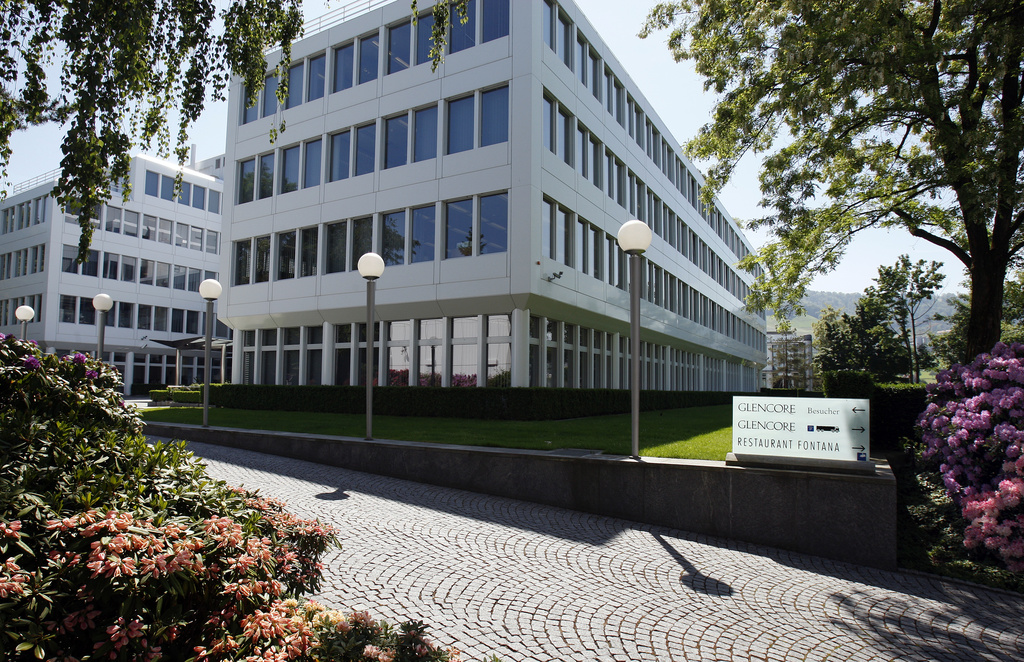
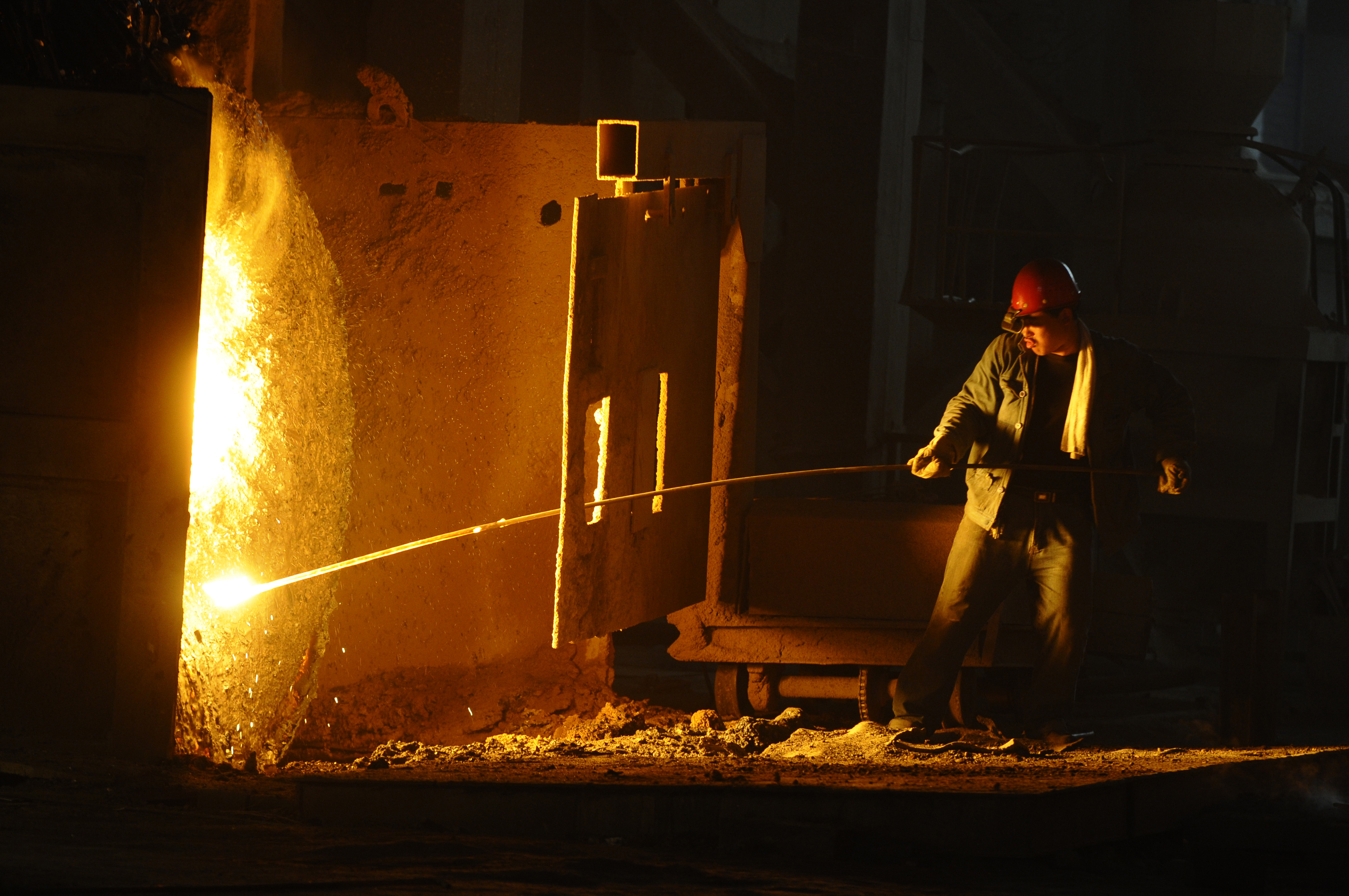
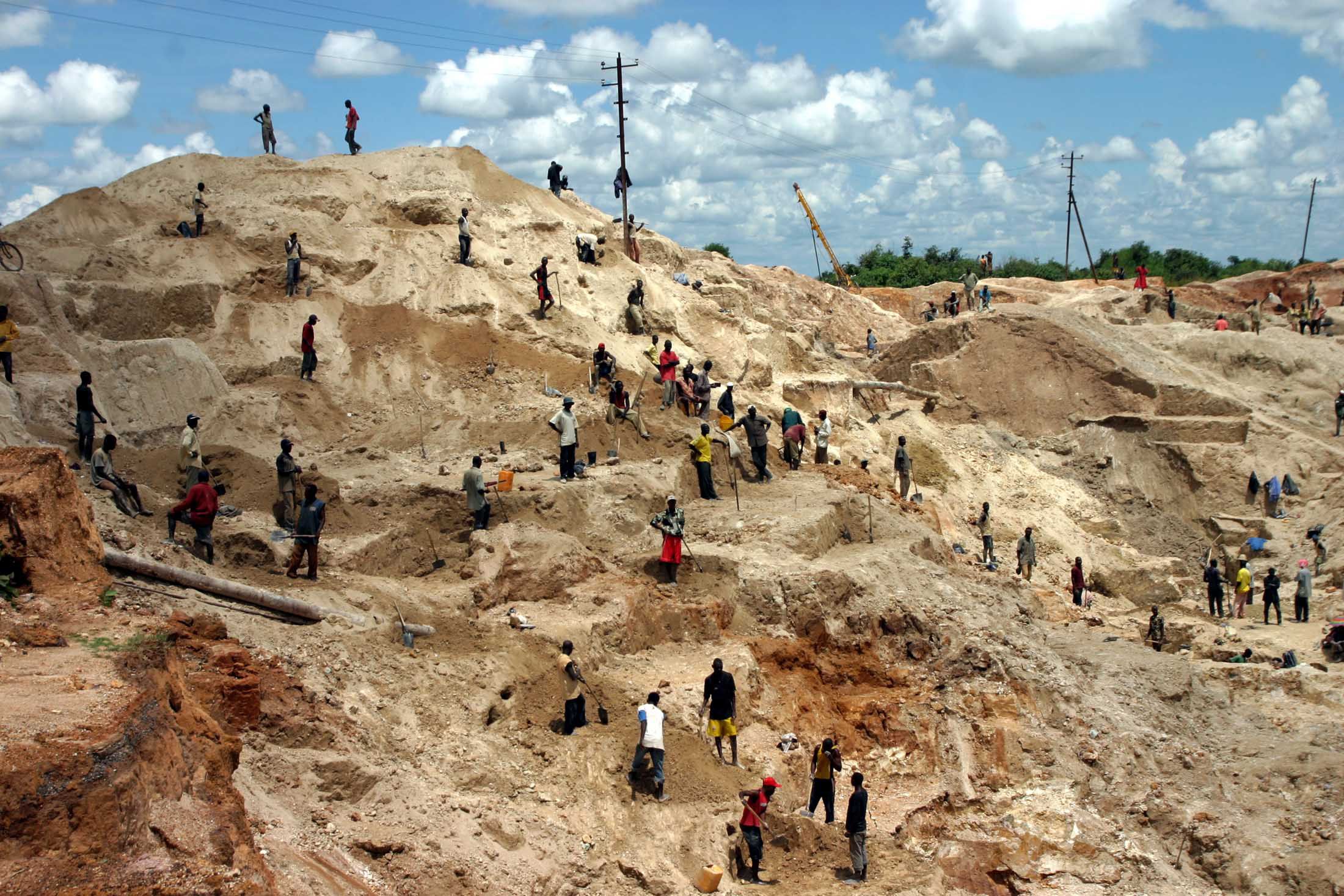

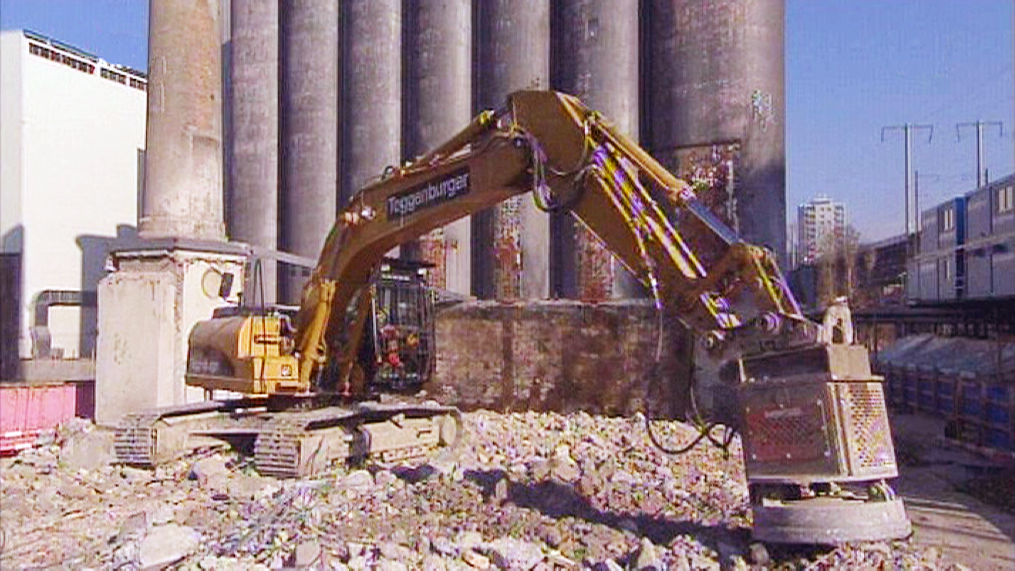

You can find an overview of ongoing debates with our journalists here. Please join us!
If you want to start a conversation about a topic raised in this article or want to report factual errors, email us at english@swissinfo.ch.